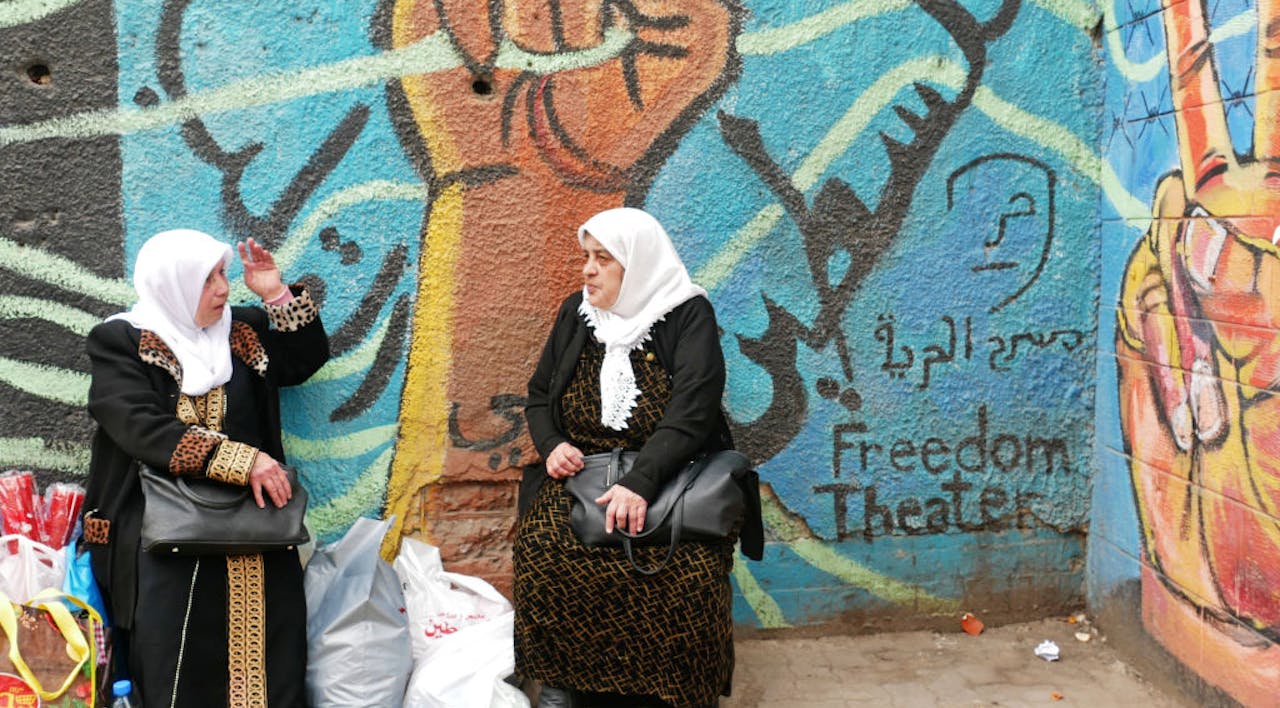
September 2025
There Never Will Be a Palestinian State. So What’s Next?
October 7 was not Palestine’s independence day, but the final nail in the two-state solution’s coffin. Is confederation with Jordan all that remains?
Late this month, and exquisitely timed to coincide with Rosh Hashanah, the United Nations General Assembly will meet and, addressing it, the president of France will recognize “Palestine” as a state. France will be the 148th country (by most counts) to recognize a state that does not exist and never will—a “state” with no borders, no government, no economy, and no control over its claimed territory. Norway, Spain, Ireland, and Slovenia recognized Palestine in May 2024 in a clear reward for the Hamas terrorist onslaught in October 2023. The United Kingdom, Canada, and Australia will join the French, as may a dozen or more other countries. These acts of “recognition” do nothing to help Palestinians. Their effect and their usual objective is to harm Israel, both by blaming it for the Gaza war and by making an end to that war more difficult to achieve. As Secretary of State Marco Rubio said in August, “Talks with Hamas fell apart on the day Macron made the unilateral decision that he’s going to recognize the Palestinian state.”
President Emmanuel Macron’s move, and those of Prime Ministers Keir Starmer of the UK and Anthony Albanese of Australia, are largely domestic policy matters—responses to low approval ratings and large Muslim populations. It seems to have escaped their attention that they are contributing to a Palestinian conclusion that only brutal violence will produce a path forward. In an effort to defend himself from such criticism, Macron stated “there is no alternative” to Palestinian statehood and announced in July that, “in light of the commitments made to me by the president of the Palestinian Authority, I have written to him to express my determination to move forward.”
What were the Palestinian Authority’s solemn commitments to the president of France? “To fulfilling all its governance responsibilities in all Palestinian territories, including Gaza, to reforming fundamentally, [and] to organizing presidential and general elections in 2026 in order to enhance its credibility and its authority over the future Palestinian state.” Canada’s Prime Minister Mark Carney told CNN that “Canada intends to recognize the state of Palestine . . . because the Palestinian Authority has committed to lead much-needed reform.” Albanese talked of “major new commitments from the Palestinian Authority” and proclaimed that the “president of the Palestinian Authority has reaffirmed these commitments directly to the Australian Government.” Similarly, while the so-called “New York Declaration,” adopted on July 30 by the entire Arab League, the European Union, and more than a dozen other countries usefully condemns the October 7 attacks and calls for Hamas’s removal from power, it calls for a Palestinian state under a reformed Palestinian Authority (PA) that will “continue implementing its credible reform agenda.”
Responses to September ’s Essay
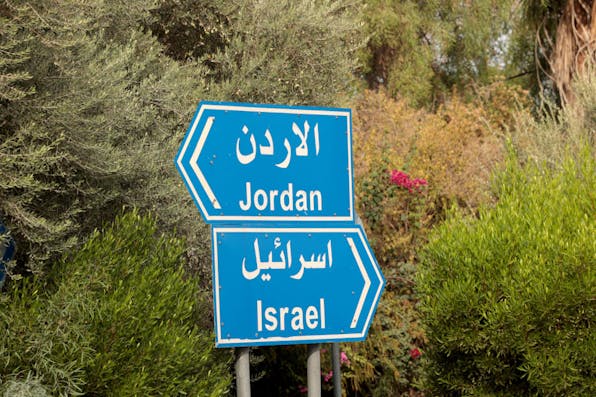
September 2025
Jordan Might Not Want Confederation with Palestinians, and Might Not Survive It
By Rafi DeMogge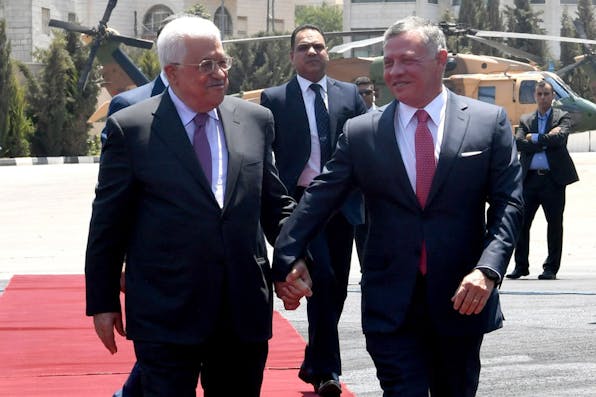
September 2025
With Israel-Jordan Relations at an All-Time Low, the Countries Aren't Likely to Cooperate in the West Bank
By David Schenker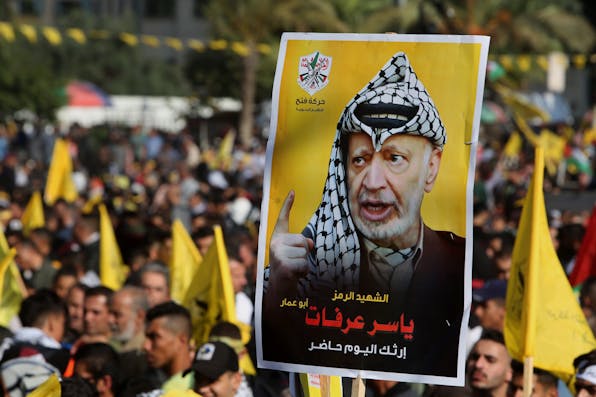
September 2025
Why the Two-State Solution Is Dead—and What Comes Next
By Elliott Abrams, Jonathan Silver
September 2025
The Central Obstacle to Peace between Israel and the Palestinians Isn't Politics
By Mordechai Kedar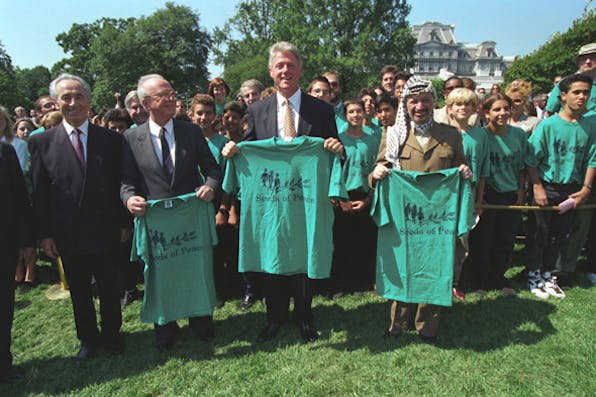
September 2025
No One Knows What’s Next, But It Cannot Be the Old Two-State Solution
By Elliott Abrams